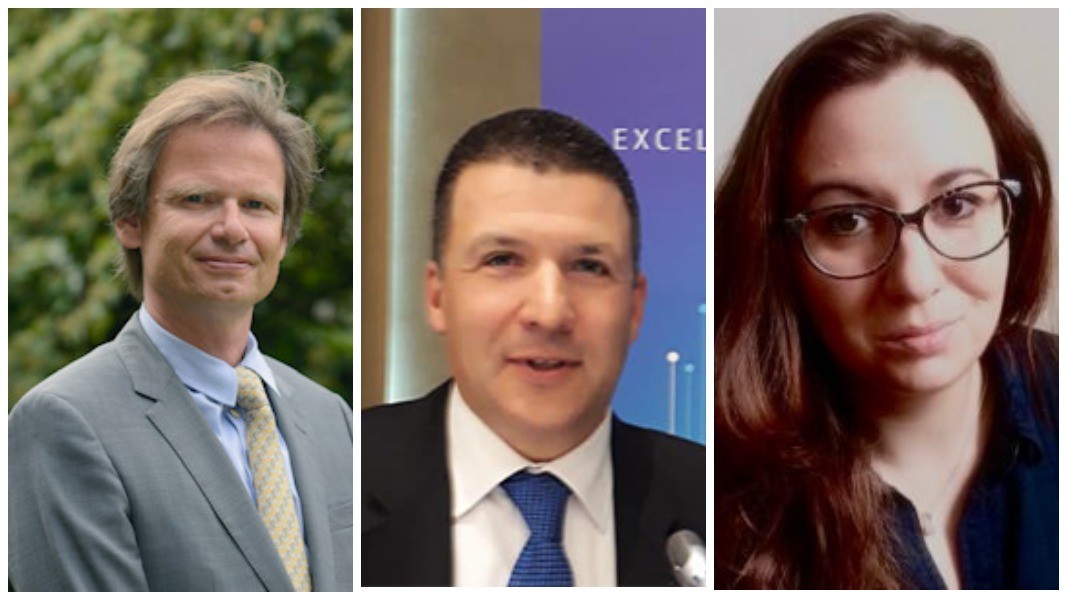On 9 March, within the frameworks of Francophonie month and the year in which Bulgaria marks 30 years since it became a member of the International Organisation of La Francophonie, the French Institute in this country, in partnership with the Belgian embassy and the St. Kliment Ohridski University, Sofia organized a conference on “European construction: challenges and future prospects”. The conference is part of a series of discussions dedicated to Europe.
The complex structure of the European Union was discussed by Loïc Grard, Professor of public law at the University of Bordeaux and President of the French Association of European Studies, Prof. Jean Crombois from the Department of Political Science and European Studies at the American University in Bulgaria, and Ildiko Otova who lectures at New Bulgarian University and at the St. Kliment Ohridski University.

Loïc Grard presented Jacques Delors’ model of Europe as concentric circles (Jacques Delors was President of the European Commission from 1985 to 1995) or as a shuttle on several levels with a solid nucleus around which the rest of the countries gravitate:
“We can be a family and not advance at the same speed,” he believes. In his words, together we can achieve what it is impossible to do individually.
Mobility, migration and citizenship are the elements around which the notion of Europe is articulated, Ildiko Otova said. The discussion has to revert to individual stories, she added.
According to Loïc Grard, a new narrative about Europe is needed, and it has to be connected with the main risk of today – the risk to the environment.
“I think that the priority in the discussion about Europe has to be Green Europe because on their own Bulgaria, France or Belgium are not going to get far,” he said.
Photos: institutfrancais.bg
The diplomas from the 11th master class in radio journalism of the Bulgarian National Radio – BNR Academy were awarded at a solemn ceremony on November 14. The lectures and practical classes in modern forms of radio journalism build on the professional..
Italy investigates claims of hunting of people in Sarajevo in the 1990s The prosecutor's office in Milan has launched an investigation into shocking reports of organized "sniper safaris" in Bosnia during the war in..
Albania and Bulgaria have joined forces in the name of one more child being born. In the late afternoon of November 7, the first-ever free reproductive medicine checkups, led by Bulgarian specialists, began in the Albanian town of Korçë — a region..

+359 2 9336 661
